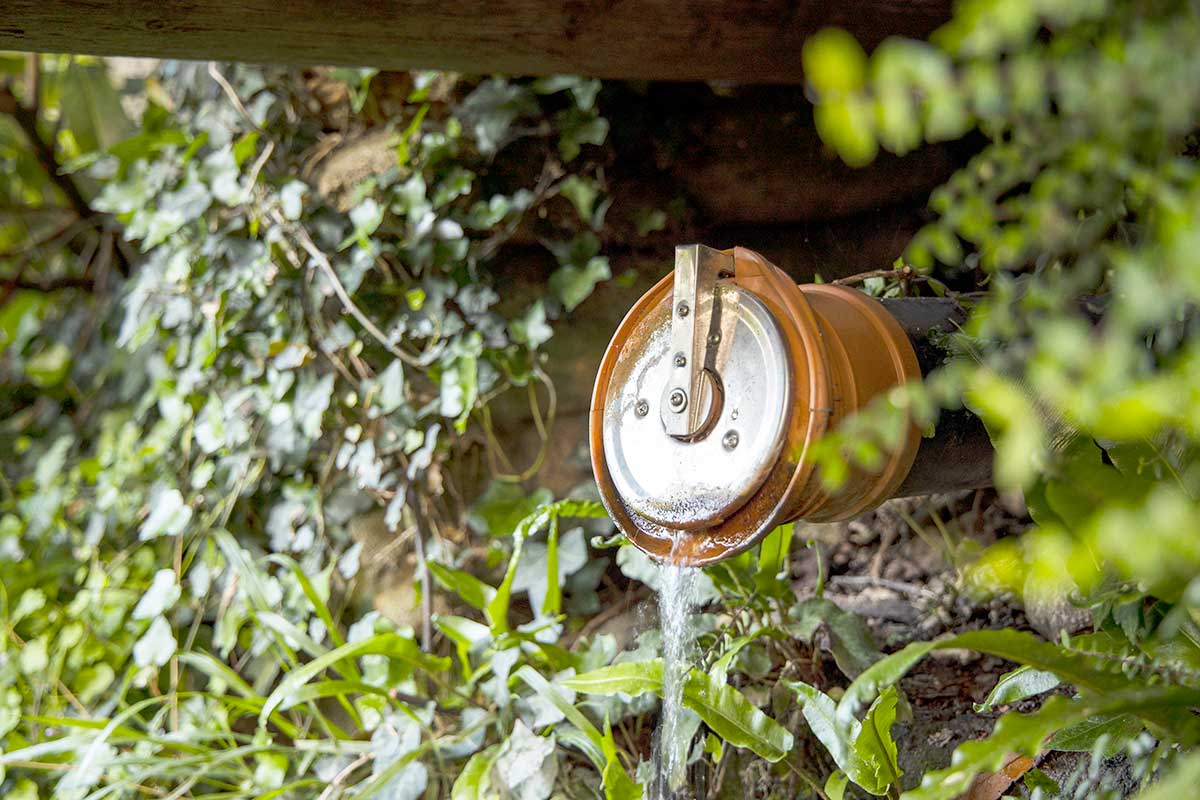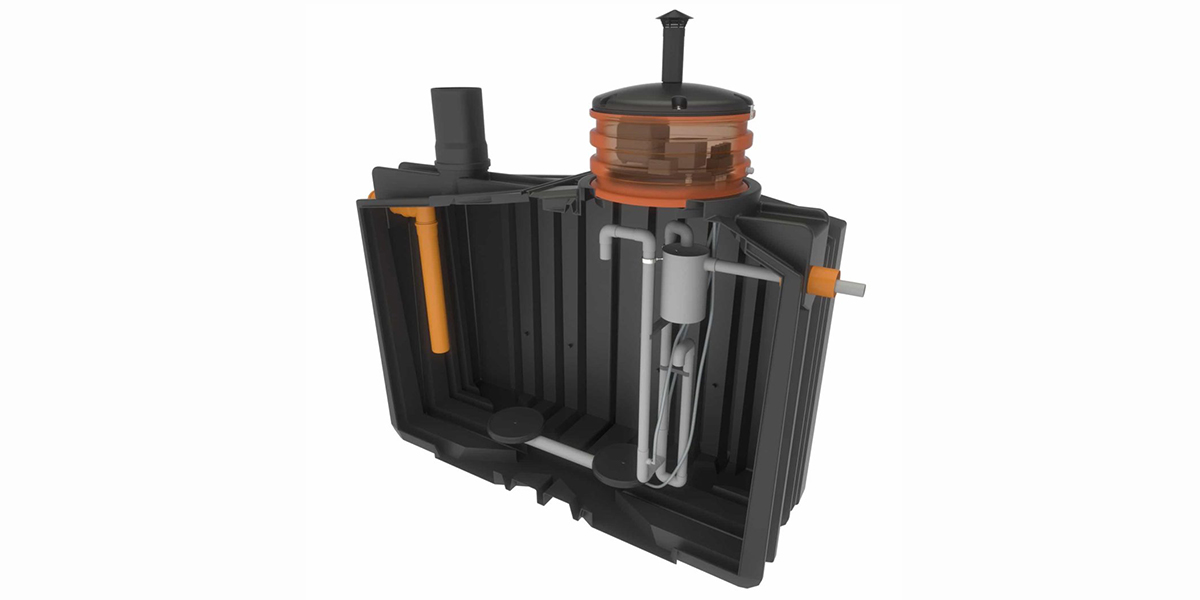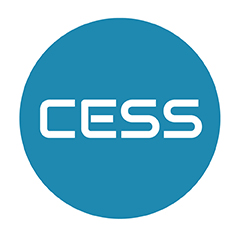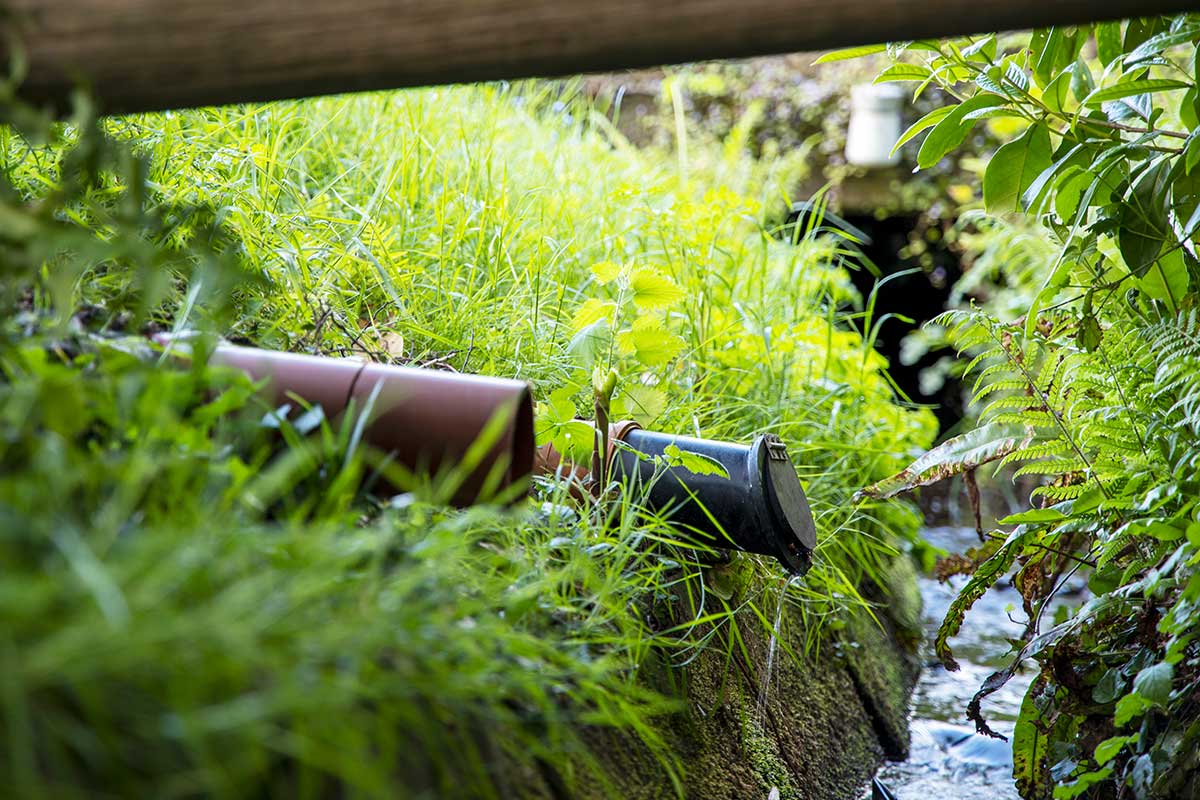The new septic tank regulations represent the biggest change in UK off-mains sewage rules in a generation. The “general binding laws”, as they are commonly known, have been in place since 2015. However, there remains some confusion as to who is affected, and how.
In this article, we aim to simplify the new regulations and help you decide whether you need to act.
What are the new septic tank regulations?
The new regulations are referred to as general binding rules and were introduced by the UK government in 2015. Simply put, they aim to reduce the amount of untreated wastewater and sewage released into Britain’s watercourses. This applies to all sewage systems that release (or “discharge”) waste into the environment, such as septic tanks, cesspools, cesspits, and sewage treatment plants.
The rules state that, from 1st January 2020:
“You must use a small sewage treatment plant to treat the sewage if you’re discharging to a watercourse such as a river or stream. A sewage treatment plant […] treats sewage to a higher standard than a septic tank.”
In other words – if you haven’t yet replaced your septic tank or cesspit with a modern sewage treatment plant and drainage field, you may be in breach of the rules.
Who do the new rules apply to?
The regulations apply only to properties with “off-mains” drainage – i.e. any property whose waste system is not connected to mains sewage. From January 2020, all off-mains properties must use a modern sewage treatment plant system if releasing wastewater into a watercourse. If you are still discharging via a septic tank or cesspit, you’ll need to upgrade to a cleaner system ASAP.

The person responsible for ensuring compliance is the “operator” of the septic tank or sewage treatment plant. This falls into one of three categories. The first is the owner of the land or property where the sewage system is located. The second is the user, even if the system itself is on a neighbour’s property. The third is the leaseholder or tenant where there exists a written agreement with the system’s owner.
How do I know if my sewage system meets the new regs?
As a rule of thumb, if your sewage system was installed before 2014, it is highly likely to be out of date. This is because the general binding rules were announced in 2014, coming into effect the following year.
If you already have a sewage treatment plant – i.e. a system that separates sewage matter and treats wastewater before releasing it – then it is likely to comply with 2020 regulations. However, if you rely on a septic tank or cesspit, you will almost certainly need to be upgraded or even replaced.

Book your free compliance check
The best way to check whether your system complies is to arrange for a professional survey. At CESS, we offer a Free compliance check to existing homeowners in Surrey and Sussex to understand whether your septic system meets all the new regulations and where improvements or upgrades need to be made.
If you have any questions about the 2020 “general binding rules”, please get in touch. Our sewage and drainage experts will be happy provide a compliance check free of charge, provided you are an existing homeowner. We are approved installers of Biocell and ClenViro Matrix treatment plants – two of the UK’s leading manufacturers.
You can either call us on 01483 429888 or send a message via the contact page. We will do our best to respond as quickly as possible.

